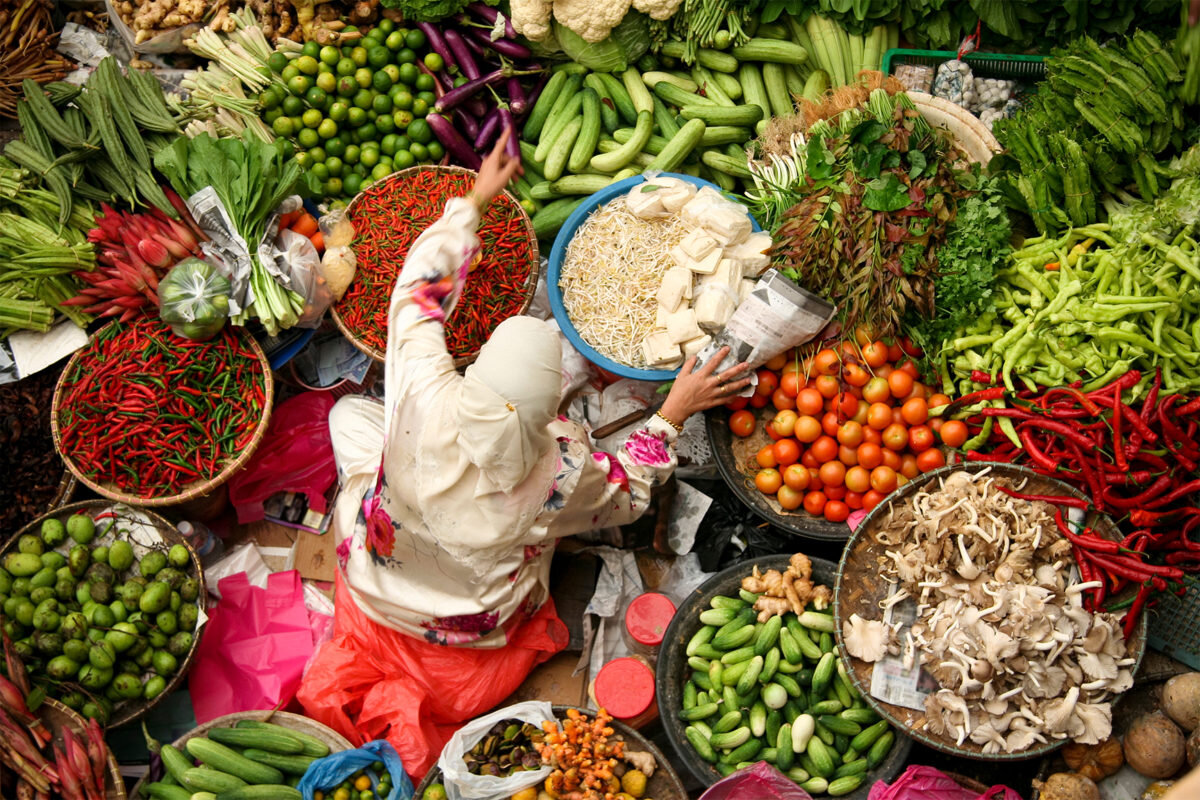The Lancet, together with the non-governmental advocacy group EAT, recently assembled a commission of over 35 world leading scientists from across the globe to issue a report with recommendations for a sustainable food system in the future.
The question was: Can we feed a future population of 10 billion people within planetary boundaries ?
The answer is YES, but humankind needs to transform its eating habits, improve food production and reduce food waste.
The summary of the 10 areas that must be improved are as follows:
1. Increase Crop Diversity:
Three quarters of the world’s food comes from just 12 plants and 5 animal species, even though there are more than 300,000 known edible plants. These habits leaves the food supply vulnerable to climate change. Policies and Technology to address this situation need to be developed.
2. Boost Underused Crops:
Corn, soy, wheat and rice dominate global agriculture. Underused crops such as fruits and nuts need to double their production.
3. Change Fertilizer Use:
U.S. farmers need to reduce their fertilizer use, while farms in other parts of the world, where yields are lower, need to use more. Precision agriculture technologies can help farmers to pinpoint the exact amount. These technologies need to be affordable to rural farmers in developing nations.
4. Optimize Land Use:
Much of the world’s land is difficult to farm today. Optimizing where we grow is a necessity. Selection of the right crop, when to plant and where is critical.
5. Increase Seafood Production:
Wild catches are exhausted but the world needs more supply. New aquaculture technologies are still in their infancy but will need to be developed. What happens when antibiotic use is increased?, Where does the feed comes from?, What happens if genetically modified fish escape into the wild? Nobody is quite sure.
6. Use Less Water in Agriculture:
Farmers need to make the most of every drop. Out goes inefficient crop sprinklers in favor of micro-irrigation systems.
7. Eat Less Meat:
A more plant based diet will allow the quantities needed and reduce green gas emissions. There are several companies developing meat substitutes; however, the inclusion into daily eating habits is constrained by culture, personal preferences and political will rather than technology.
8. Cut Food Waste:
Many Western countries discard as much as 50% of their food. Systems to monitor food and tell consumers when is safe or unsafe to consume will help.
9. Reduce Food Loss:
Lots of food is destroyed in production or transportation before it is sold. New storage infrastructure needs to be developed to avoid the spoil of food in rural, underdeveloped areas.
10. Improve Trade Policy:
Strong local food systems are important, but not everyone should grow their own food. Countries trying to gain “food independence” will practically guarantee an increase in destructive practices such as deforestation. The world needs trade policies that encourage regions best suited for food production to supply areas where agriculture poses greater risk to ecosystems or the global environment.
About The Lancet: The Lancet is a weekly peer-reviewed medical journal. It is amongst the world oldest and most prestigious publications. (Est. 1823)
About EAT: EAT is a non-profit startup dedicated to transforming our global food system.

